Types
Electric
- Cheaper to buy: An electric oven will cost less than a gas oven of the same size, in terms of initial investment.
- Easier to install: Installing an electric oven is typically a simpler and less costly process in comparison to installing a gas oven, as it does not rely on external sources of fuel that must be piped in.
- Easy to clean: A smooth-top electric range is the easiest type to clean.
- Even surface: Smooth-top electric ranges are more stable for pots and pans than stoves with coil-elements, and can serve as additional counter or storage space when not in use.
- Ignition: To turn a burner on, you simply twist its knob and the stovetop element – no ignitor required.
- Heat distribution: The heat in an electric oven is drier and more evenly distributed compared to a gas oven, making it better for baking and roasting most types of food.
- Extra features: Electric ovens often come with more optional features, such as fans and grillers, than their gas counterparts.
Electric with convection/fan
- Faster cooking: Since hot air is blowing directly onto food instead of just surrounding it, food cooks about 25% faster in a convection oven.
- Even cooking: Regular ovens can have “hot spots”, depending on where the heating element is, but a fan should circulate the air to help even out the temperature variances.
- Better browning: Air in a regular oven can become humid when moisture can’t escape, steaming food instead of roasting. Convection creates a dry atmosphere that caramelises sugars faster when roasting. This means that meats and vegetables will brown more quickly.
- Saves energy: Since food cooks faster in a fan oven, and generally at a lower temperature, it’s a bit more energy efficient than a regular oven.
If you have a fan oven, set it to 20˚C lower than the standard temperature given in a recipe. Many recipes (Easy Food included!) will show both temperatures.
Gas
- Increased control: A gas oven gives you greater control over your cooking temperature. Warming-up takes less time with gas, and cooking stops almost immediately once you turn off the oven.
- Moist cooking: Many dishes turn out better with the moist cooking environment natural gas.
- Energy efficient: A gas oven heats up and cools down faster than an electric oven. Warming begins as soon as you turn on the gas. Equally, cooking will stop just as soon as the gas is turned off.
- Lower running costs: Natural gas costs less than electricity. If you do a lot of baking, an oven fuelled by natural gas may be a better choice for you.
- Low maintenance: Most gas appliances have low maintenance requirements, needing replacement parts less often than electric ovens.
- Durable: Gas ovens live longer lives than electric ovens.
- No power? No problem: If your electrical power goes off due to weather or other interference, you can still prepare a meal with a gas stove.
Getting the most from your oven
- Always preheat the oven. Pay attention to recipes that require you to heat cookware inside the oven, too, such as Yorkshire puddings or roast potatoes.
- Are you cooking at the right temperature? It can be difficult to determine exactly, so we recommend using an oven thermometer to be sure. If you’ve had your oven for a long time, it may need to be recalibrated for optimum results.
- If you notice your oven cooks unevenly, items may need to be rotated and/or swapped around halfway through cooking.
- Once your items are in the oven, don’t open the door unless it’s necessary – your oven loses heat every time you do. Use the window to check on how your meal is coming along. This will save time (and energy!) in the long run.
- Keeping lots of trays you are not using in your oven can slow down the cooking process as heat might not be distributing freely, so remove these before you preheat.
- Keep your oven clean to ensure heat is directed at the food you are cooking and avoid any lingering smells.
Maintenance tips
- Clean your oven regularly. We know it’s one of those jobs that’s easy to keep putting off, but it’s best to clean your oven at least twice a year – more often if you use it every day.
- While it’s tempting to remove the oven knobs and squirt cleaner all around the area, don’t! This is essentially dousing an electrical system, which could cause it to short out or electrocute you.
- Unplug the oven if you’re going to be cleaning the inside of the oven by hand. You may be using a lot of water and it’s better to be safe than sorry to eliminate risk of electrocution.
- When you are cooking anything that might drip, splatter or leak in the oven (such as a pie, which will bubble around its edges), use a drip tray. Simply place a baking tray covered with tin foil under the dish to catch any spillages.
- If any food does spill into the bottom of your oven, clean it as soon as possible – the longer the mess sits there, the more it’ll burn and the more difficult it will be to remove.
- No need for those harsh chemicals with strong fumes: there’s a natural way to clean your oven. It will take a little elbow grease on your part, but vinegar, baking soda and water are enough to get the job done.
- summer events
- small business
- gut health
- OATLY
- healthy
- Crudo
- top tips
- All Together Now
- fridge cake
- Events Waterford
- me auld flower
- Events Ireland
- food festival
- news
- dublin
- events Dublin
- dublin festival
- Home-Cooking
- food and drink festival
- online cooking course
- festival line-up
- cooking
- Summer festival
- eco-friendly
- Events
- cosy
- Festivals Ireland
- wine
- Body & Soul
- grapes
- music festival
- south africa
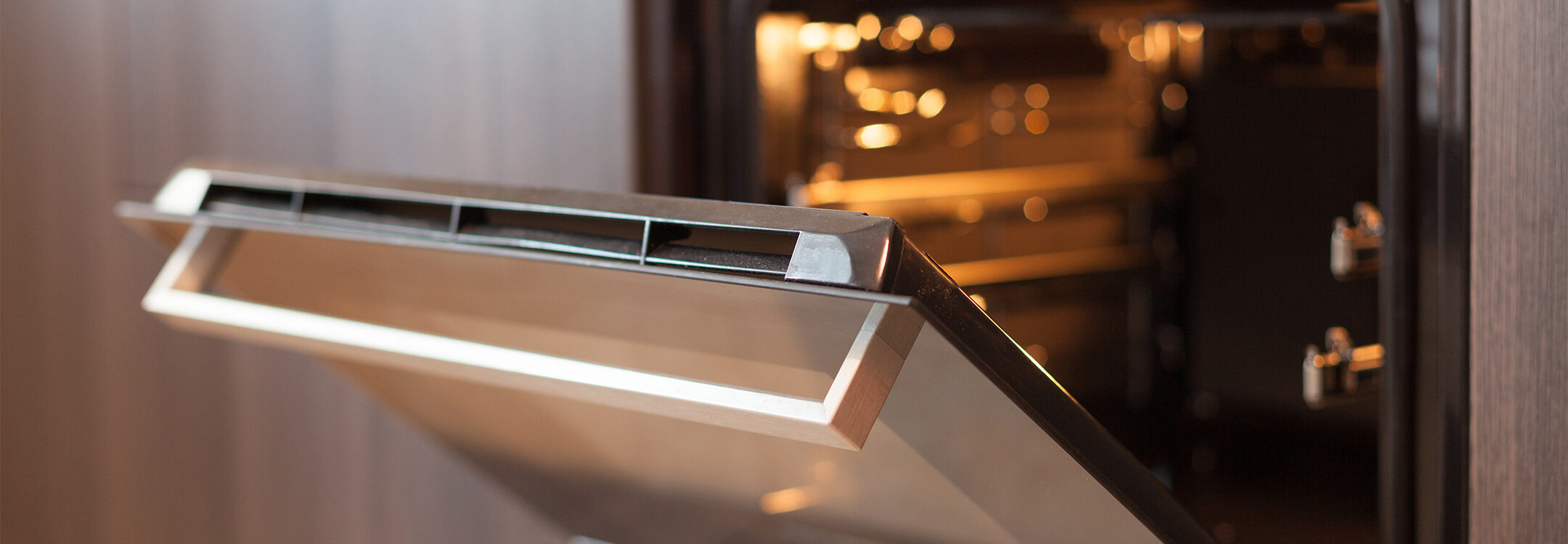
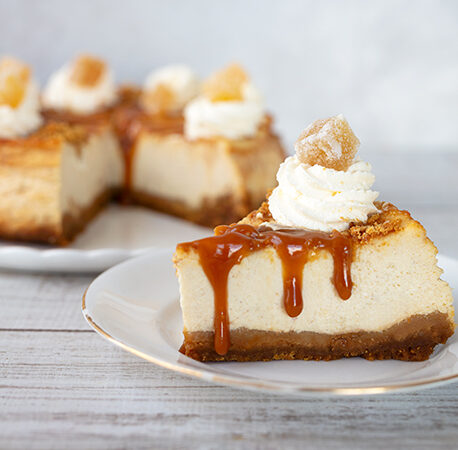
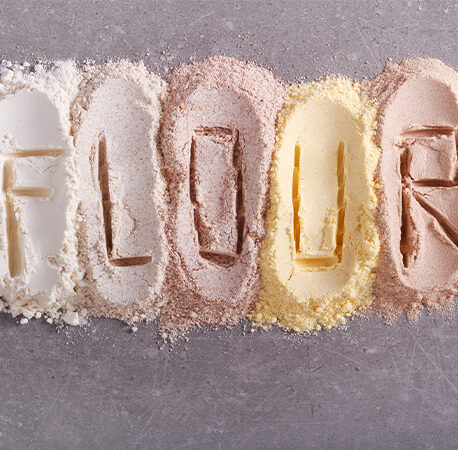

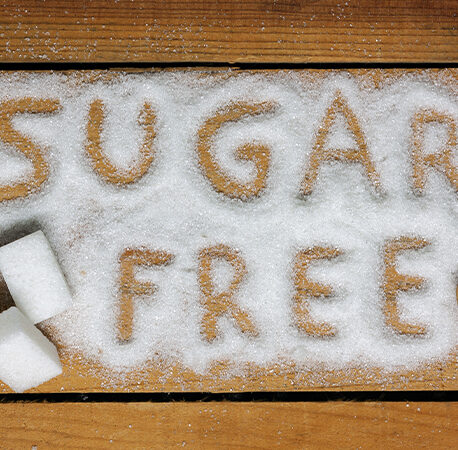
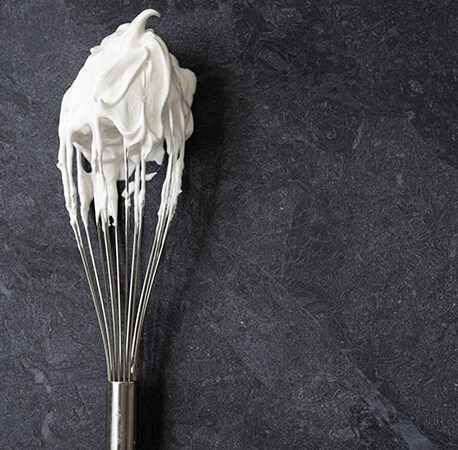
You have to be signed in to comment this post.